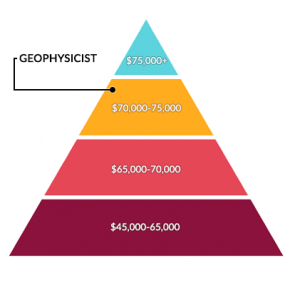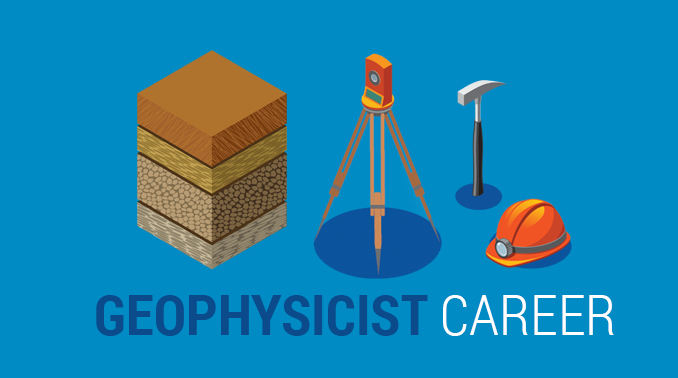All Categories
Featured
Table of Contents
What Is A Geophysicist? in Oldsbury WA 2023
Link with MBA programs looking for prospects like you. Research study. Link with master's programs around the nation to get an edge over the competitors.

A geophysicist research studies different elements of the earth. According to the U.S. Geological Survey, they study gravity, magnetic, electrical, and seismic activity occurrences. Geophysicists likewise document, evaluate, and take measurements of geographical functions and abnormalities. See a video to learn what a geophysicist: Geophysicists must make a minimum of a bachelor's degree; however, this is for an entry-level position.
Advanced degrees need more particular studies in the specialized of choice. Task potential customers are higher if you have a strong background in computer science or technology.
Geophysicist Salary And Job Description 2023 in Medina Australia 2021
Access to these opportunities might be restricted depending upon where you live; however, internships or summer programs with geophysical business, university geophysics department, or the U.S. Geological Survey can be choices. You can find a list of a list of chances on the United States Geological Study (USGS) websites' Pathway Programs tab (opens in another link).
If you have yet to graduate high school, taking as many science and math classes as possible would be a plus. Geophysicists likewise work with computers while researching, so computer system courses can likewise be practical, as discussed previously in this article. Lots of geophysicists specialize in a location of geophysics. The job description would change pending on the specialty.
A geophysicist's responsibilities can consist of determining, tracking, and documenting information from various physical properties on earth. They likewise evaluate and test details received. Geophysicists frequently need to take a trip worldwide to examine geological events that have occurred or might have been forecasted. Geophysics is a research-based career field, therefore one need to have the ability to assume, problem-solve, and concern or challenge formerly held assumptions from their collected data.
Bsc Geophysics in Belmont Oz 2023
Jay Wellik, a geophysicist, studies volcanos. His area of knowledge in geophysics is researching why volcanos emerge and what indicators there might be that an eruption may take place. He tracks seismic activity and then follows what occurs previously, throughout, and after a volcano emerges. Geophysicists typically work full-time hours; however, they frequently work irregular hours, as mentioned formerly.

You can discover additional details about Geophysicists in addition to additional instructional products on the U.S. Geological Survey website (links open in a brand-new window). Laura Stern, of the U.S. Geological Study at the Gas Hydrates Lab in Menlo Park, California: We make a variety of various hydrates in the laboratory.
We likewise make carbon dioxide hydrate, ethane hydrate, gas, a variety of different structures. Liquid nitrogen is extremely cold. It's about 100 degrees cooler than the temperature level at which these hydrate samples would dissociate, when they would decay to ice plus gas on the tabletop. In here we have a little piece of methane hydrate.
Geophysics Jobs in Landsdale WA 2020
They look like snow, it looks like compressed snow however honestly, it does consist of gas inside. It's going back to ice plus gas and then as the ice would melt as it continues to warm, it will end up being water plus gas.
My name is Steve Kirby, I'm a Geophysicist here at the U.S. Geological Study in Menlo Park. I deal with Laura Stern who is also a Geophysicist in this lab that adheres towards the examination of planetary ices and gas hydrates. Gas hydrates in nature take place in really remote places and they are really complicated with the interactions and conditions that they form under and samples that are raised are under some sort of alternation or decomposition.
This is an unusual laboratory and there are just a handful of them worldwide and we are very lucky to be here at the Geological Study and to have the opportunity of dealing with them. Bureau of Labor Data, U.S. Department of Labor, Occupational Outlook Handbook, Geoscientists. National Center for O * Web Advancement.
Geophysics Jobs in Heathridge Aus 2023
This video was produced by the federal government for the U.S. Geological Study. The USGS Gas Hydrates Lab is funded by the Department of Energy and the USGS Gas Hydrates Task.
Latest Posts
What Is Geophysics And What Do Geophysicists Do? in Sinagra Australia 2023
Geophysics in Beckenham Western Australia 2022
Geophysical Survey - An Overview in West Perth Oz 2020